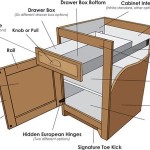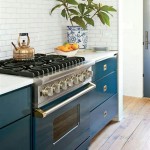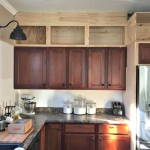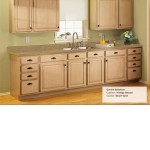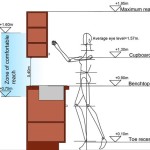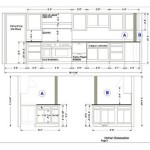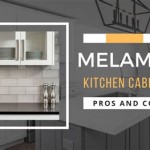Essential Aspects to Consider When Choosing the Best Kitchen Hood
A well-chosen kitchen hood is crucial for maintaining a clean and healthy cooking environment. It effectively removes smoke, odors, and grease from the air, preventing them from lingering and affecting other areas of your home. However, with a wide range of options available, selecting the best kitchen hood can be a challenging task.
To make an informed decision, it's essential to consider several key aspects. These factors will help you choose a hood that meets your specific needs and ensures optimal performance.
1. Size and Power
The size of the hood should correspond to the size of your cooktop. A hood that is too small will not effectively capture smoke and odors, while one that is too large can be overwhelming for your kitchen space.
The power of the hood is measured in cubic feet per minute (CFM). The higher the CFM, the more air the hood can move. Generally, a hood should have a CFM rating of at least 100 CFM per linear foot of cooktop.
2. Noise Level
Kitchen hoods can generate noise when operating. Choose a hood with a low noise level to minimize disturbance while cooking. Look for hoods with noise ratings below 60 decibels (dB) for quiet operation.
3. Filter Type
Kitchen hoods use filters to trap grease and particles. There are three main types of filters:
- Mesh filters are made of metal and are typically dishwasher-safe. They need to be cleaned regularly to maintain efficiency.
- Charcoal filters are disposable and remove odors effectively. They need to be replaced every few months.
- Baffle filters are angled metal panels that trap grease and are easy to clean.
4. Ducting Options
Kitchen hoods can be ducted or ductless. Ducted hoods vent the air outside through a ductwork system, while ductless hoods recirculate the air back into the kitchen after filtering it.
Ducted hoods are more effective and quieter, but they require professional installation. Ductless hoods are easier to install, but they may not be as effective in removing smoke and odors.
5. Features and Design
In addition to the essential aspects discussed above, consider the features and design that best suit your needs and preferences.
Some hoods offer additional features such as built-in lighting, remote controls, and adjustable speeds. Choose a hood with features that enhance your cooking experience.
The design of the hood should complement your kitchen decor. Consider the shape, finish, and color of the hood to create a cohesive aesthetic.
Conclusion
Choosing the best kitchen hood requires careful consideration of the essential aspects discussed in this article. By taking into account the size and power, noise level, filter type, ducting options, and features and design, you can select a hood that effectively removes smoke and odors, improves air quality, and complements your kitchen style.

How To Choose The Best Cooker Hood For Your Kitchen Fujioh

Design A Modern N Kitchen Choose The Best Hob And Chimney

7 Considerations For Choosing A Range Hood Home Matters Ahs

7 Considerations For Choosing A Range Hood Home Matters Ahs

What S The Best Size Wood Range Hood To Use

How To Choose A Range Hood Bluestar Cooking

How To Choose A Ventilation Hood

How To Choose A Ventilation Hood

How To Choose The Right Range Hood Buyer S Guide

2024 S Complete Guide On How To Choose The Best Range Hood Or Vent
Related Posts

